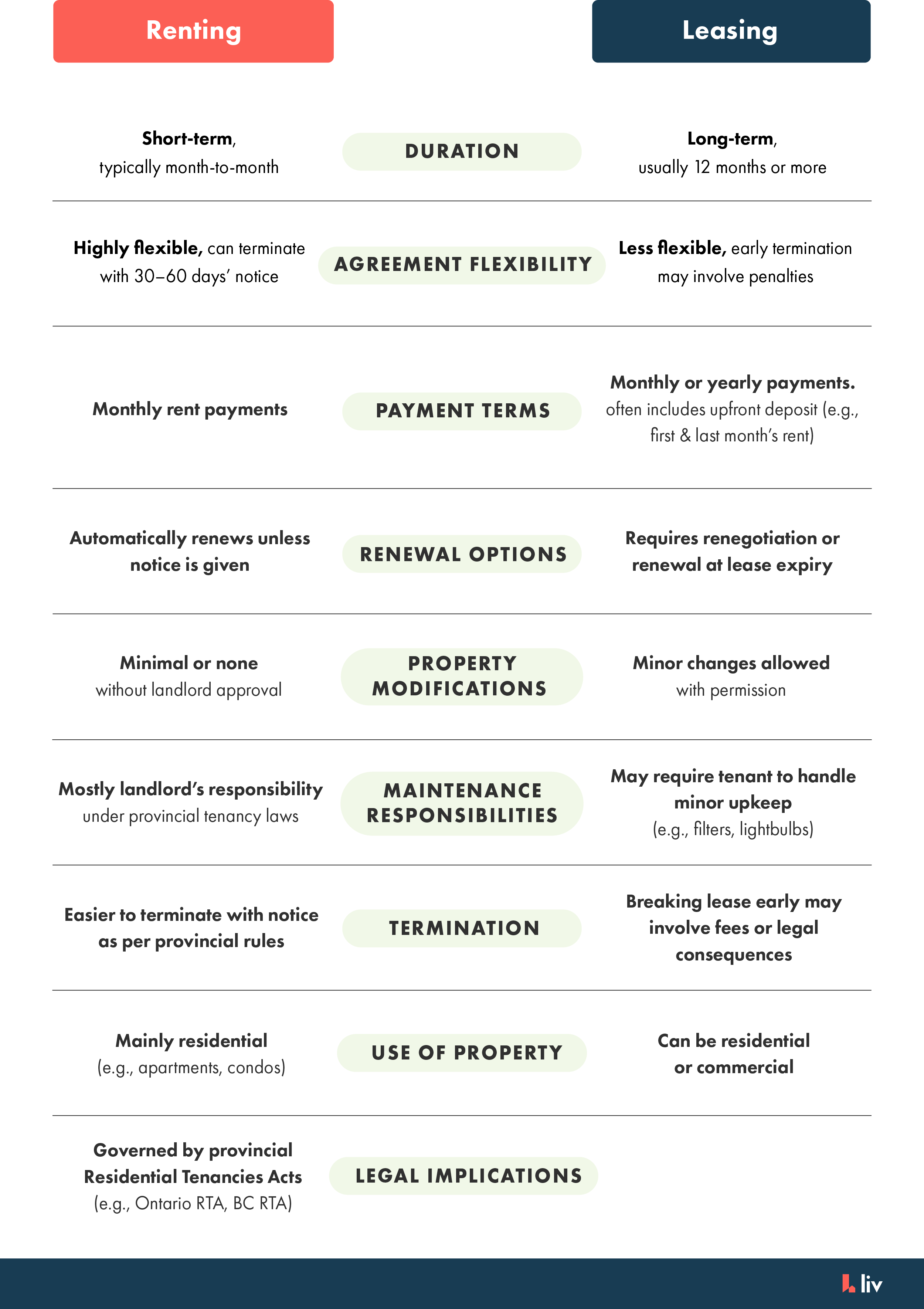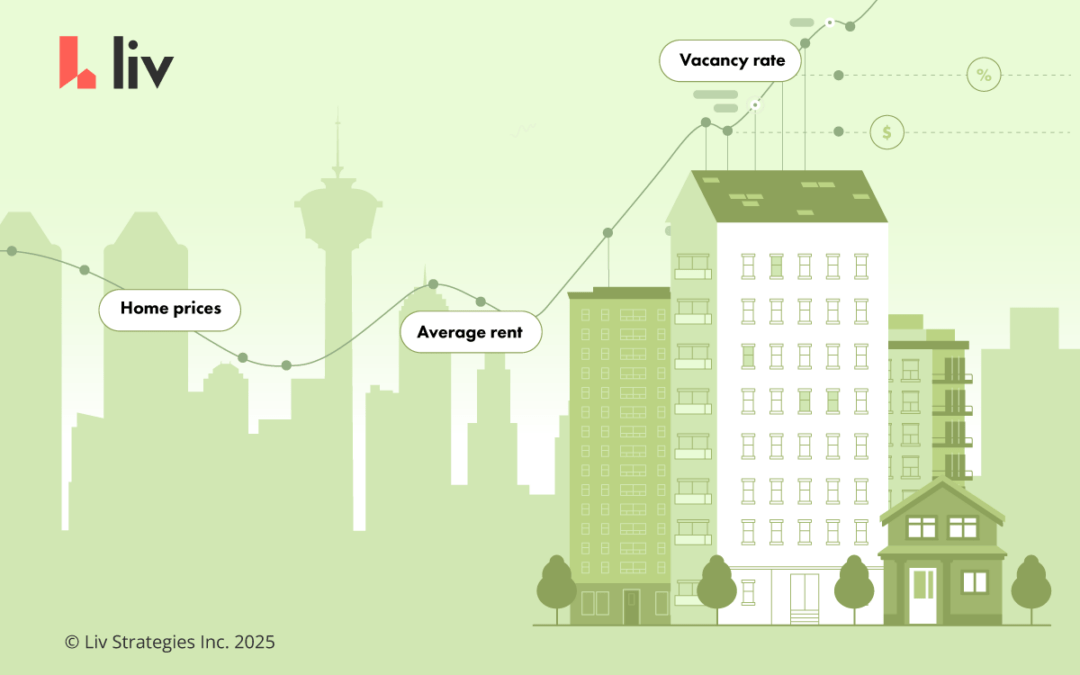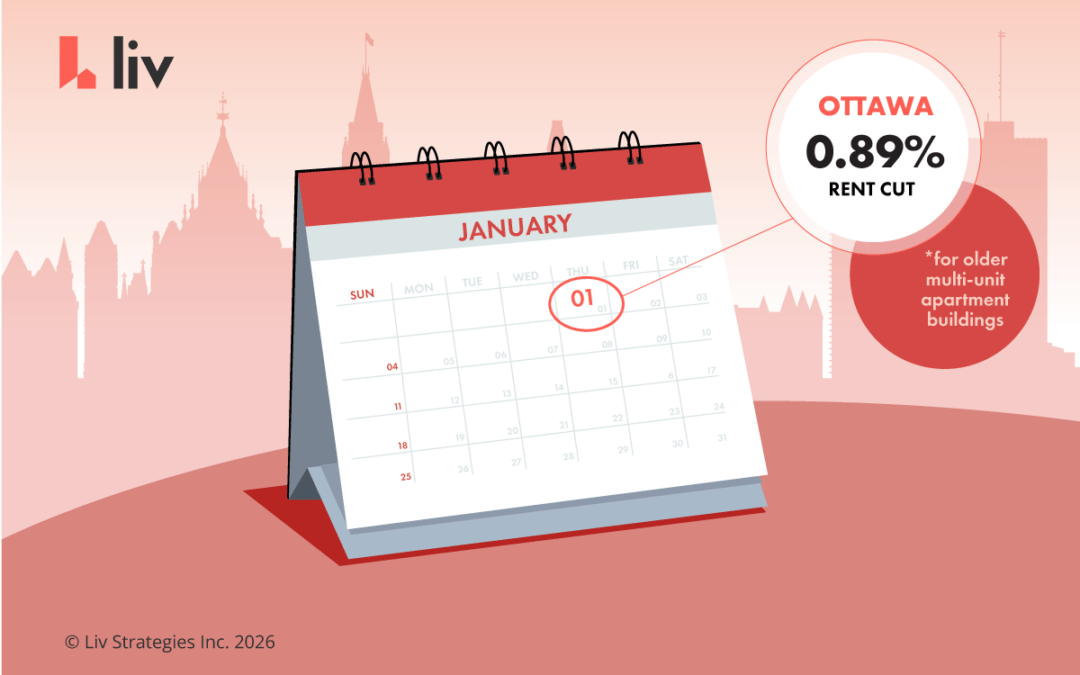If you’re stuck between renting vs lease, you’re not alone. It’s a common dilemma for people looking for a new place to live or those trying to understand their housing contracts. While the terms “renting” and “leasing” are often used interchangeably, they’re not always the same, and understanding the differences can help you make smarter financial choices and lifestyle preferences.
Whether you’re a college student looking for flexibility, a family wanting long-term stability, or a landlord deciding what kind of contract to offer, knowing how leasing and renting work is crucial. This guide by liv.rent breaks down the definitions, compares the pros and cons, and helps you figure out which option fits you best.
What is a lease?
A lease is a legal contract between a tenant and a landlord that gives the tenant the right to occupy a property for a fixed period, typically starting at 12 months, but can be any agreed upon duration of time. Lease commonly means fixed-term, which contractually specifies the length and end of tenancy. During this period, the lease terms, including rent amount, cannot be changed unless both parties agree in writing.
The lease agreement outlines key details such as:
- Length of the lease (e.g., 12 months or more)
- Monthly rent and due dates
- Security deposit terms
- Rules for pets, guests, or subletting
- Maintenance responsibilities
- Early termination policies
Once signed, the lease provides housing stability for tenants and income stability for landlords. It’s especially useful if you know you’ll be living in one place for an extended time and want to avoid sudden rent increases or eviction without cause.
What Is Renting?
Renting generally refers to short-term arrangements. Unlike a lease, a rental agreement is usually more flexible and easier to change or cancel with short notice (often 30 days).
A rental agreement includes:
- Rent amount (which may be subject to change)
- Start and end dates (if applicable)
- Rules regarding the use of the property
- Notice period for termination
Someone might choose to rent instead of lease in Canada for greater flexibility, as renting often allows for shorter agreements that become month-to-month arrangements. It’s ideal for those needing temporary housing or uncertain about long-term commitments.
Renting vs Lease: Difference Between “For Rent” and “For Lease”
So, what’s the difference between a property listed “for rent” and one listed “for lease”?
- For Rent: Implies a short-term arrangement. Renters have more flexibility but could face rent hikes after their first year or sudden notices to vacate if terms are broken.
- For Lease: Indicates a longer-term commitment and a fixed tenancy. Tenants are protected from rent increases or unexpected eviction for the duration of the lease.
While the terms may seem interchangeable, they represent different commitments and protections for tenants and landlords.
Renting vs Lease: Quick Comparison
Here’s a side-by-side breakdown of how renting and leasing compare:

Pros and Cons of Renting vs Lease a House or Apartment
Pros of Renting:
- Flexibility: You can move out with short notice (usually 30 days).
- No long-term commitment: Ideal for people in transition or unsure of their future plans.
- Lower upfront costs: Often requires only a security deposit and first month’s rent.
Cons of Renting:
- Rent can increase.
- Less security: Landlord can end the agreement more easily.
- Fewer tenant protections: May not have the same legal backing as a lease.
Pros of Leasing:
- Stable rent: You lock in your rate for the entire lease term.
- Predictability: Know where you’ll live and what you’ll pay.
- More legal protection: Harder for the landlord to evict without cause.
Cons of Leasing:
- Less flexibility: Breaking a lease early can lead to penalties.
- Higher upfront commitment: May require more paperwork and deposits.
- Responsibility: Some leases include clauses requiring tenants to handle certain maintenance.
Is Leasing Better Than Renting?
When deciding between renting and leasing, one key consideration is financial stability.
Financial Implications of Renting vs Leasing:
- Leasing often means fixed monthly payments, which makes budgeting easier. If rent prices are rising in your area, a lease protects you from those increases during your term.
- Renting, on the other hand, can be more expensive long-term if your rent goes up every year. However, it gives you the flexibility to move if you find a cheaper option.
Also consider moving costs, deposit amounts, and potential penalties. Leasing might involve a higher upfront cost (e.g., first and last month’s rent, a security deposit), but it could save you money if you plan to stay for a while.
Renting vs Lease: Which Option Is Right for You?
Choosing between renting and leasing comes down to your lifestyle, goals, and how long you expect to stay in one place. Here are some guidelines to help you decide:
Choose Renting if:
- You need a place to live quickly
- You’re new to an area and want to explore
- Your job or life circumstances are likely to change soon
- You want to avoid long-term commitments
Choose Leasing if:
- You plan to stay in one location for longer than a year
- You want stable rent with no surprises
- You prefer the legal protection of a formal contract
- You’re settling down and need a stable home base
In essence, if you’re after flexibility, renting is usually the better choice. If you’re after stability and cost certainty, leasing is the smarter option.
Get the Most Out of Your liv.rent Experience
Canada’s safest rental platform liv.rent has rolled out new updates designed to improve how users interact with the platform. Check out this blog to explore the latest features, including Persona and revamped listing categories that help better define, promote, and filter different types of rental units.
Final Thoughts
The debate of renting vs leasing isn’t about which is “better” in general; it’s about what works for you right now. Your housing choice impacts your budget, flexibility, legal protection, and quality of life, so it’s worth taking time to understand the differences.
It is also important to understand your legal rights andfamiliarize yourself with the tenancy laws in your province. Visit resources like the Residential Tenancy Branch (B.C.), the Landlord and Tenant Board (Ontario), or Service Alberta for guidance on your rights and responsibilities.
Additionally, use secure rental platforms like liv.rent, which provides built-in features like digital contracts, verified listings, and secure payment methods that help reduce the risks associated with renting or leasing.
If you’re someone constantly on the move or testing out a new city, renting might be the answer. If you’re ready to settle in and want to lock in your costs, a lease could offer peace of mind.
Before signing any agreement—whether it’s a rental or a lease—read the fine print, understand your rights and obligations, and don’t be afraid to ask questions.
FAQ: Lease vs Rent Questions Answered
Is renting cheaper than leasing?:
Renting is often cheaper short-term, with more flexible terms. Leasing typically offers lower monthly payments for longer commitments but may include extra costs if terminated early.
Can I break a lease like a rental?:
Breaking a lease usually comes with financial penalties and stricter rules than renting, though exceptions exist for valid reasons like uninhabitable conditions or domestic violence.
What happens at the end of a lease?
At lease end, you can either renew the lease, move out, or negotiate terms.
Is it cheaper to rent or lease an apartment?:
Renting is usually more expensive month-to-month, while leasing offers lower monthly rates but requires a longer commitment and may have penalties for early termination.
What is the difference between lease and rental agreement law?:
Lease agreements are long-term with fixed terms, while rental agreements are short-term with more flexibility. Both are governed by provincial laws, but leases are more rigid.
Is leasing the same as letting?:
No, leasing refers to a long-term contract for using property, while letting usually means renting out property, often under a short-term agreement.
Which is better lease or rent?:
It depends on your situation. Leasing offers stability and lower rates long-term, while renting provides flexibility and shorter commitments but can be more expensive month-to-month.
What is the difference between lease and rent in Canada?:
Leasing generally involves long-term, fixed contracts, while renting is typically month-to-month or for short periods, offering more flexibility in Canada.
Still unsure? Use our free tool to see if leasing or renting fits your lifestyle better — or talk to a real estate expert today.

Rethink The Way You Rent
Not on liv.rent yet? Experience the ease of digital applications & contracts, verified tenants & landlords, virtual tours and more – all on one platform. Sign up for free or download the app.
Subscribe to receive the latest tenant & landlord tips and get notified about changes in the Canadian rental market.
>> Stay up-to-date on the average rent in Vancouver, Toronto and Montreal: Rent Reports.


0 Comments